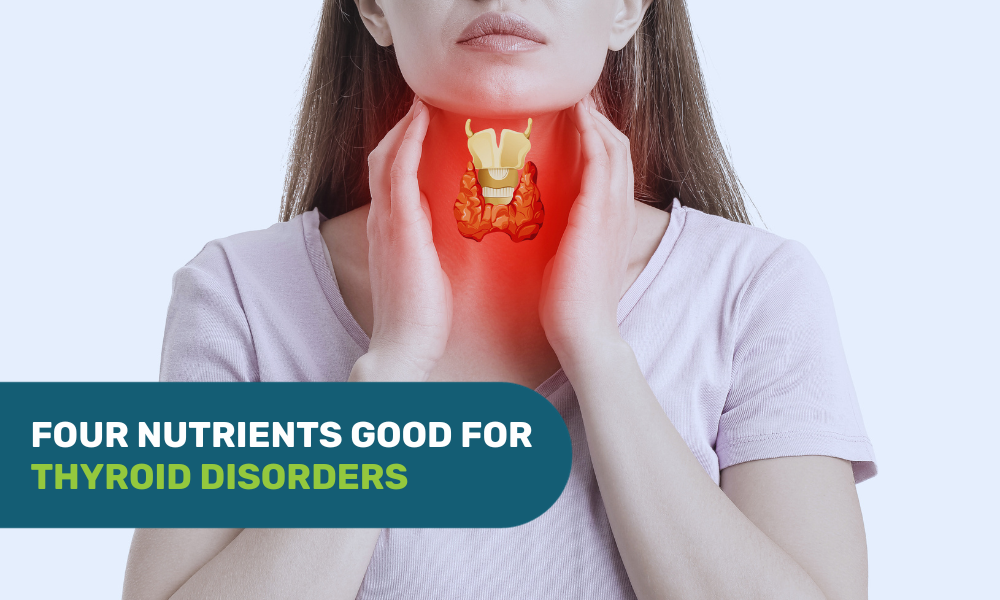After 40, people experience many prominent health changes, which include creaky joints, hypertension, menopause, visible signs of ageing, getting presbyopia, and more. One common yet often overlooked health concern is gut wellness, which often receives insufficient attention, possibly because its symptoms are subtle, gradual, and can be easily dismissed until they become significantly disruptive.
It’s essential to understand how gut health changes over time and what steps you can take to support these changes, preventing them from developing into complications.
Here are seven ways gut health changes after 40, and ways to manage these changes in a healthy way:
1. Higher food sensitivities
Changes:
After the age of 40, you may find yourself more sensitive to foods you once tolerated well, such as dairy, gluten, or rich meals. This could be due to enzyme deficiencies or shifts in gut bacteria that impact digestion.
Coping strategies:
1. Maintain a food and symptom journal to determine triggers.
2. Have smaller meals, more frequent amounts that can be better digested.
3. Do not cut out large food groups without medical testing.
4. Introduce new foods one at a time and closely monitor how your body responds.
Get guidance from a gastroenterologist or dietitian on an elimination or reintroduction diet.
2. Increased risk of GI disorders
Changes:
After age 40, the risk of conditions such as colorectal cancer, diverticulosis, and inflammatory bowel disease increases. Although these can be symptom-free in the early stages, they can become a serious health threat later if not diagnosed.
Early detection is key to prevention:
1. Eat a fibre-rich diet with limited red and processed meats.
2. Regular check-ups are a must, especially if you have a personal or family history of GI illness.
3. Monitor warning signs like unexplained weight loss, blood in stool, or recurrent abdominal pain.
4. One must get the screening for colorectal cancer at age 45.
5. Don’t postpone medical evaluation if you experience GI symptoms.
3. Slower digestion
Changes:
With age, the nerves and muscles of the digestive system may become weaker, resulting in less efficient passage of food through the system. This can cause delayed transit time, leading to constipation, bloating, or prolonged feelings of fullness after meals.
Coping strategies:
1. Exercise regularly in the form of brisk walks or light aerobic exercise.
2. Eat high-fibre foods in the form of vegetables, whole grains, legumes, and fruits.
3. Take in more water to maintain the softness of stool and enhance motility.
Consult a nutritionist about fibre supplements or stool softeners.
4. Medication-related gut problems
Changes:
Medications routinely prescribed after age 40, such as NSAIDs, antidepressants, calcium supplements, and antibiotics, can interfere with gut health. It causes irritation of the stomach lining or changes in motility and gut flora.
Coping strategies:
1. Swallow NSAIDs with food to decrease stomach irritation.
2. Inquire about substitute medication if a medication is producing GI symptoms.
3. Increase probiotic intake while on medication.
4. Check medications with your doctor on a regular basis.
5. Decreased stomach acid secretion (hypochlorhydria)
Changes:
From the age of 40, stomach acid production reduces, which can compromise digestion and lead to symptoms such as indigestion, bloating, or early fullness. Over time, stomach acid deficiency can also lead to vitamin B12 and iron deficiencies.
Coping strategies:
1. Eat foods slowly and chew them well.
2. Do not overuse antacids or acid-lowering medications unless prescribed.
3. Add digestive stimulants like ginger, lemon water, or apple cider vinegar before meals.
4. Check B12, iron, and calcium levels through regular follow-ups.
If symptoms persist, get tested for acid production before initiating any treatment.
6. Increased risk of gallstones
Changes:
Gallstones are more likely to occur after the age of 40, particularly in women, due to hormonal fluctuations and decreased bile metabolism. They can also cause bile obstruction, resulting in indigestion, pain, and nausea.
Coping strategies:
1. Eat regular meals and skip no meals, not even breakfast.
2. Get checked for upper stomach pain, particularly after eating fatty foods.
3. Control cholesterol levels with a high-fibre diet and exercise.
4. Maintain a healthy, stable body weight and avoid crash diets.
7. Changes in gut microbiome
Changes:
The resilience and variety of gut bacteria decline with age. A less diversified microbiome is associated with greater inflammation, bloating, irritable bowel symptoms, and even mood changes through the gut-brain axis.
Coping strategies:
1. One must have a diet that is rich in fibre-rich plant foods that nourish beneficial bacteria.
2. Add fermented foods like yoghurt, kefir, kimchi, and pickles.
3. Limit consumption of processed foods, sugars, and refined carbs.
4. Take probiotic supplements as advised by a healthcare provider.
5. Use antibiotics only if medically necessary.
The bottom line is that gut health cannot be treated as secondary and needs to be prioritized just as much as other aspects of well-being. It is closely connected to other functions, such as immunity and mental health, through bidirectional relationships, including the gut-brain axis and the gut-immunity axis, making it important for you to give your attention to.
Disclaimer: This article is meant for informational purposes only and must not be considered a substitute for professional advice.





